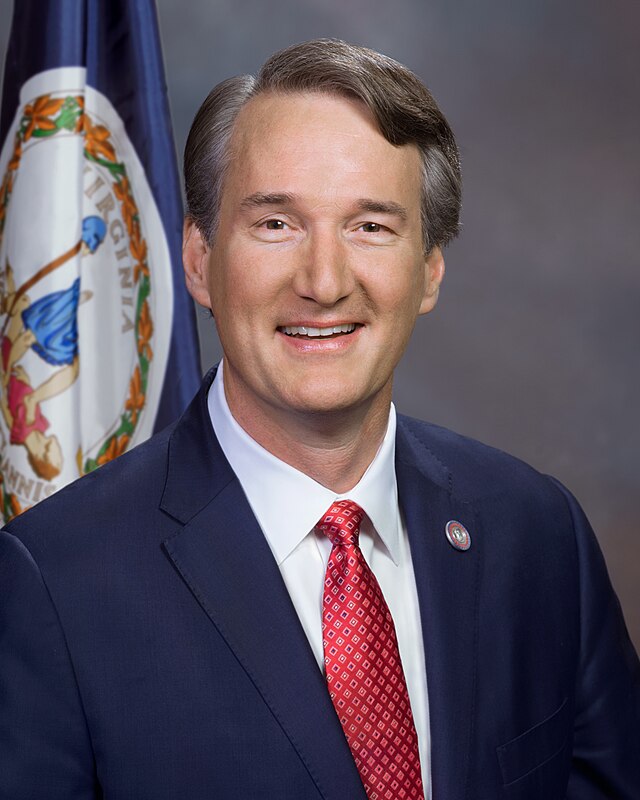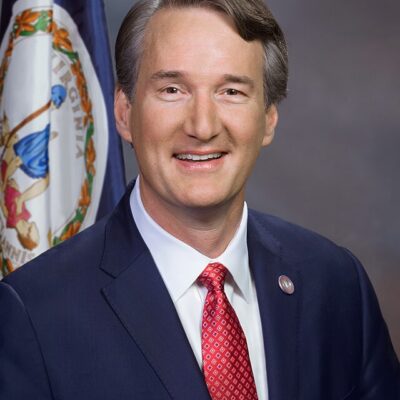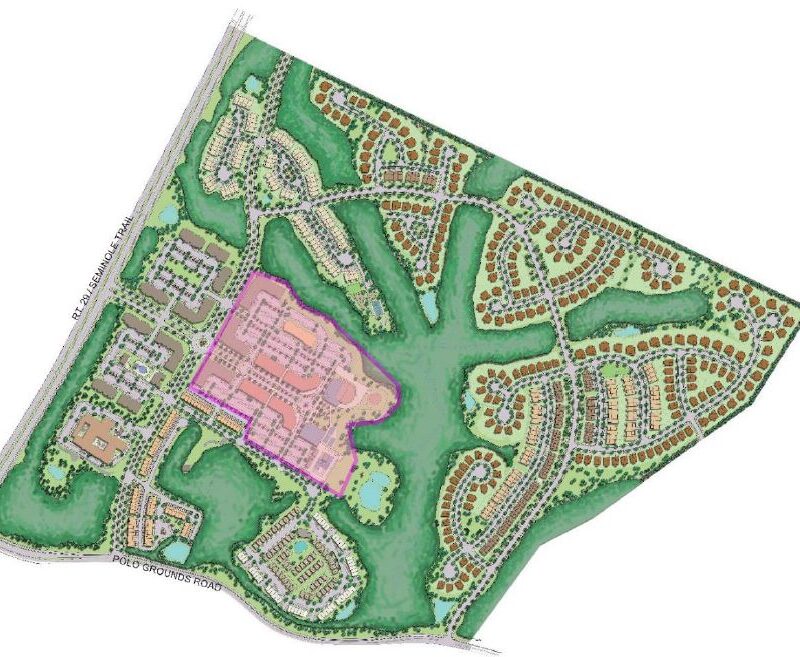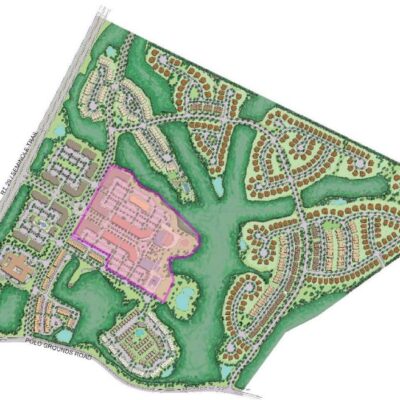A divisive battle continues over Charlottesville’s next set of rules for where buildings can go, and how many housing units are allowed within them.
City Council and the Planning Commission are expected to hold public hearings later this year to conclude a public process to increase both the number of homes and the number of affordable units allowed. A stated point is to make amends for the use of zoning as a tool to reinforce racial segregation.
A key feature is that owners of lots zoned for single-family residential would be allowed—but not required—to build more than one unit.
Before then, public conversations on social media and the internet continue to rage.
“The proposed Charlottesville zoning is too extreme and would be destructive to our beautiful city without the promised additional affordable housing so many residents need,” wrote city resident Martha Smythe.
An online petition, filed by an anonymous resident, has over 1,250 signatures, and was delivered to City Council.
“Slow down and dial back the Planning Commission’s current zoning proposal so that it reduces the likelihood of doing serious and irreversible harm to the City, increases the likelihood of achieving positive outcomes, and delivers the far more moderate plan that citizens want,” reads the petition.
However, the petition contains information that is factually incorrect, such as overstating the number of units that would be allowed under the new zoning. It also does not reflect some of the changes that are expected to be made following a series of work sessions this spring.
The petition prompted the group Livable Cville to write a response: “As detailed in the Fact-Checking section below, six of the seven claims are misleading and contain at least some degree of falsehood,” reads a statement on its website. “The spread of disinformation and misinformation by anonymous interests hinders progress and sows distrust.”
Livable Cville’s statement was unsigned at press time. The “about” section in its website does not list whether it has a board of directors or a staff, though the names of some volunteers were posted in response to this reporter’s questions.
According to co-chair Matthew Gillkin, the group is informal, and is registered with the State Corporation Commission.
“We advocate for politics to build an inclusive community in the Charlottesville area with affordable housing, sustainable transportation, and healthy neighborhoods that are welcome to all,” reads the about section of Livable Cville’s website.
In the meantime, city staff are working with consultants to complete a final draft of the zoning ordinance.
“At the end of July, you can anticipate a consolidated draft document with a complete set of comments that we’ve received on everything to date,” said James Freas, the city’s director of neighborhood development services.
There will be a couple of work sessions in July related to changes to the maps, as well as final tweaks on what can be built in the new Residential-A and Residential-B zones that replace the R-1 zoning that currently makes up half the city.
The current draft would allow three market-rate units to be built on R-A lots, and six market-rate units to be built on R-B lots. The draft allows provisions for those to double if all the units are affordable, but that will likely change in the new draft.
Meanwhile, properties continue to sell in the city under the current zoning. In late April, an entity called JLM Homes bought a duplex on Bailey Road that had belonged to Charles L. Barbour, Charlottesville’s first Black mayor. The company paid $152,000, which is about 14 percent below the 2023 assessment.






